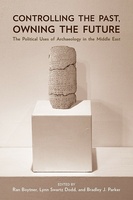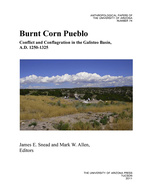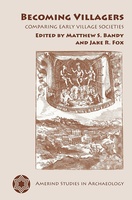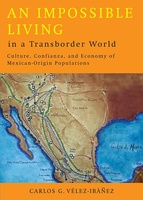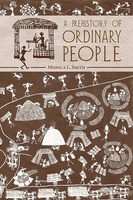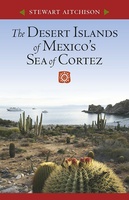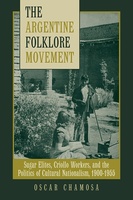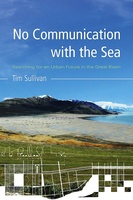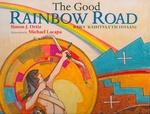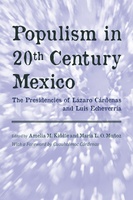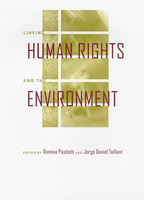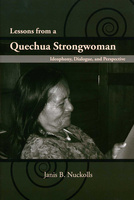The University of Arizona Press is the premier publisher of academic, regional, and literary works in the state of Arizona. They disseminate ideas and knowledge of lasting value that enrich understanding, inspire curiosity, and enlighten readers. They advance the University of Arizona’s mission by connecting scholarship and creative expression to readers worldwide.
Showing 881-900 of 1,705 items.
Exoplanets
Edited by Sara Seager
The University of Arizona Press
For the first time in human history, we are certain of the existence of planets around other stars. Exoplanets serves as both an introduction for the non-specialist and a foundation for the techniques and equations used in exoplanet observation by those dedicated to the field. This volume lays the foundation for the field’s continued growth.
Controlling the Past, Owning the Future
The Political Uses of Archaeology in the Middle East
The University of Arizona Press
Burnt Corn Pueblo
Conflict and Conflagration in the Galisteo Basin, A.D. 1250–1325
Edited by James E. Snead and Mark W. Allen
The University of Arizona Press
Becoming Villagers
Comparing Early Village Societies
Edited by Matthew S. Bandy and Jake R. Fox
The University of Arizona Press
An Impossible Living in a Transborder World
Culture, Confianza, and Economy of Mexican-Origin Populations
The University of Arizona Press
With this extensively researched book, Carlos Vélez-Ibáñez updates and expands upon his major 1983 study of rotating savings and credit associations (ROSCAs), incorporating new data that reflect the explosion of Mexican-origin populations in the United States. This book examines the way in which these practices are part of greater transnational economies and how these populations engage in—and suffer through—the twenty-first century global economy.
A Prehistory of Ordinary People
The University of Arizona Press
Monica L. Smith examines how the archaeological record of ordinary objects—used by ordinary people—constitutes a manifestation of humankind’s cognitive and social development. A Prehistory of Ordinary People offers an impressive synthesis and accessible style that will appeal to archaeologists, cultural anthropologists, and others interested in the long history of human decision-making.
The Argentine Folklore Movement
Sugar Elites, Criollo Workers, and the Politics of Cultural Nationalism, 1900–1955
The University of Arizona Press
No Communication with the Sea
Searching for an Urban Future in the Great Basin
By Tim Sullivan
The University of Arizona Press
torch song tango choir
The University of Arizona Press
These fine poems are connected by—and evoke—the music of lost homelands. Paegle, the daughter of immigrants from Argentina and Latvia, takes us through the tumult of displacement and migration with a strong sense for the folk songs and tango music of her youth.
The Good Rainbow Road
By Simon J. Ortiz; Illustrated by Michael Lacapa
The University of Arizona Press
Populism in Twentieth Century Mexico
The Presidencies of Lázaro Cárdenas and Luis Echeverría
The University of Arizona Press
Bring Down the Little Birds
On Mothering, Art, Work, and Everything Else
The University of Arizona Press
Combining fragments of thought, daydreams, entries from notebooks both real and imaginary, and real-life experiences, Carmen Giménez Smith interrogates everything involved in becoming and being a mother for both the first and second times. She wonders what her children will one day know about her own “secret life,” meditates on the physical effects of pregnancy, and questions the myths about, nostalgia for, and glorification of motherhood.
Linking Human Rights and the Environment
Edited by Romina Picolotti and Jorge Daniel Taillant
The University of Arizona Press
Lessons from a Quechua Strongwoman
Ideophony, Dialogue, and Perspective
The University of Arizona Press
Using the intriguing stories and words of an Ecuadoran Quechua-speaking woman, Janis B. Nuckolls reveals a complex language system in which ideophony, dialogue, and perspective are all at the core of cultural and grammatical communications among Amazonian Quechua speakers.
Stay Informed
Subscribe nowRecent News




